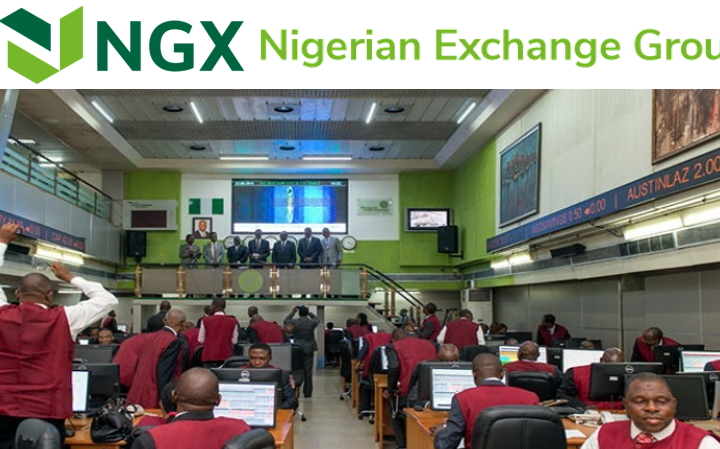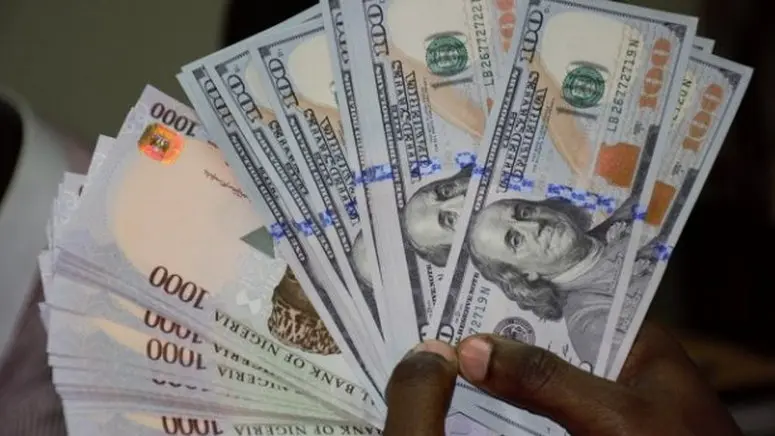The Nigerian Economy’s Guiding Light in the Constitution
The Nigerian Constitution presents a vision of prosperity. According to its provisions, the government is expected to harness national resources to ensure a self-reliant and dynamic economy. It is a promise of growth, abundance, and economic freedom for all citizens. However, many Nigerians today would agree that this is a promise unfulfilled.
Dr. Tony Obinna, a Nigerian economist, once remarked, “Each time a new president is sworn in, we expect change, but they seem to pick up the baton of failure from where their predecessors stopped.” He isn’t alone in this sentiment, as many Nigerians feel the same frustration with leadership. The current situation paints a bleak picture of an economy struggling to breathe despite abundant resources.
Join our WhatsApp ChannelLeadership Crisis at the Heart of the Nigerian Economy
Ola Rotimi once said, “The gods are not to blame.” Chinua Achebe famously attributed Nigeria’s troubles to poor leadership. It’s a sentiment that rings true for many today, as questions around governance and accountability in the Nigerian economy grow louder. For years, Nigerians have been plagued by ineffective leaders who focus more on personal gain than on the collective good.
In every election cycle, there seems to be a recurrence of “odaju” leaders – individuals who, once elected, forget the promises they made to the electorate. They harness the country’s wealth for personal gain, and this, unfortunately, is reflected in the current state of the Nigerian economy.
“Bad governance has driven many Nigerians to despair. The rich are getting richer, while the poor can barely survive,” lamented Mr. Adewale, a shop owner in Bariga, Yaba Lagos.
The Grim Reality of Nigeria’s Economy
In 2023, reports indicated that Nigeria’s crude oil export revenue rose to N29 trillion (approximately $60 billion), marking a 37% increase from the previous year. Furthermore, the GDP showed some improvement, growing by 2.98% year-on-year in the first quarter of 2024. Yet, despite this apparent economic growth, the Nigerian people still suffer under the weight of inflation, rising fuel prices, and poor economic policies.
Mr. Femi Okunola, an Uber driver in Bariga, shared his own experience. “I was laid off from my job because the small business I worked for could no longer cope with the government’s policies. Now, I drive an Uber to feed my family.”
The bitter truth is that while Nigeria’s economy is growing on paper, everyday Nigerians are feeling the pinch of poor governance and mismanagement. As economic policies continue to favour the wealthy, small and medium-scale enterprises (SMEs) are collapsing, and inflation is hitting every sector.
READ ALSO: NiMet’s Renewed Collaboration With Agriculture Ministry Good For Nigerian Economy
Oil Wealth Mismanagement: A Blessing Turned Curse?
Nigeria’s oil sector is often touted as the backbone of its economy. It contributes about 5.5% of the country’s GDP and accounts for 92% of its export earnings. Yet, there is an uncomfortable truth: the wealth generated by this sector is not being felt by the average Nigerian.
The question many ask is: where is the money going? The current administration inherited a difficult situation from the previous government, and it seemed there was hope that the new leadership could turn things around. However, inflation has only worsened. The recent removal of fuel subsidies has pushed more Nigerians below the poverty line.
In a public speech, the President himself acknowledged the challenges. “We are facing difficult times,” he said, “but we are doing all we can to stabilize the Nigerian economy.” However, many remain unconvinced, pointing to the continued rise in food prices and an unfriendly policy towards domestic oil production.
Inflation, Food Insecurity, and The Looming Crisis
There is also growing concern about food security, especially with the recent flooding in Northern Nigeria, which has washed away large hectares of farmland. This is expected to cause severe food shortages in the near future. The government, critics argue, is yet to come up with a clear plan to address this impending crisis.
As Mr. Adewale, a Lagos-based farmer and a retired civil servant, pointed out, “We can’t wait until it’s too late. The government must act now to prevent a food crisis. The economic policies in place are making things worse for us.”
Nigeria’s reliance on imports is further exacerbating the situation. Import restrictions and a weakened naira are driving up the cost of goods, adding to the suffering of the people. A stronger naira and better foreign exchange policies are necessary to reduce the cost of imports and promote domestic production.
The Role of SMEs and the Need for a New Economic Direction
The Nigerian economy relies heavily on small and medium-scale enterprises, which play a vital role in creating jobs and contributing to GDP. Yet, many of these businesses are struggling under the current economic policies. Subsidies and palliatives have not been effective, and many believe that the government needs to shift its focus toward supporting production and local industries.
“The government should stop distributing palliatives and instead invest in SMEs,” said Mr. Tunde Olaniyi, an economist. “This will not only boost employment but also increase production and reduce Nigeria’s dependence on imports.”
Lessons from Awolowo’s Vision for Nigeria
Looking back, Nigeria’s history offers valuable lessons in leadership and economic planning. Chief Obafemi Awolowo, for example, prioritised education as a tool for fighting poverty. His free education policy helped lift many Nigerians out of poverty, and his foresight continues to inspire many today.
Awolowo’s approach to governance emphasised long-term benefits over short-term gains. “The Nigerian economy needs leaders with the vision of Awolowo,” said Dr. Obinna. “Leaders who understand that the investments we make today will yield the fruits of tomorrow.”
Charting a New Course for Nigeria’s Economy
It’s clear that for Nigeria to achieve the economic prosperity enshrined in its Constitution, there must be a significant shift in governance and economic policy. The government needs to focus on reducing inflation, promoting domestic production, and addressing the country’s food security challenges.
There is hope that Nigeria can still change course. However, this will require leadership that is committed to putting the interests of the people above personal gain. The Nigerian economy has the potential to thrive, but only if its leaders are willing to steer the ship in the right direction.
As Chinua Achebe famously said, “The problem with Nigeria is leadership.” Until that changes, the Nigerian economy will continue to drift off course, leaving its people to bear the brunt of its failings.
Emmanuel Ochayi is a journalist. He is a graduate of the University of Lagos, School of first choice and the nations pride. Emmanuel is keen on exploring writing angles in different areas, including Business, climate change, politics, Education, and others.
- Emmanuel Ochayihttps://www.primebusiness.africa/author/ochayi/
- Emmanuel Ochayihttps://www.primebusiness.africa/author/ochayi/
- Emmanuel Ochayihttps://www.primebusiness.africa/author/ochayi/
- Emmanuel Ochayihttps://www.primebusiness.africa/author/ochayi/


















Follow Us